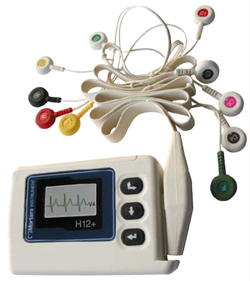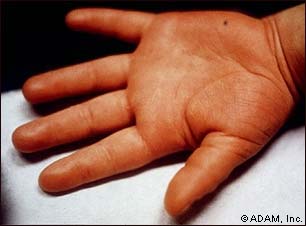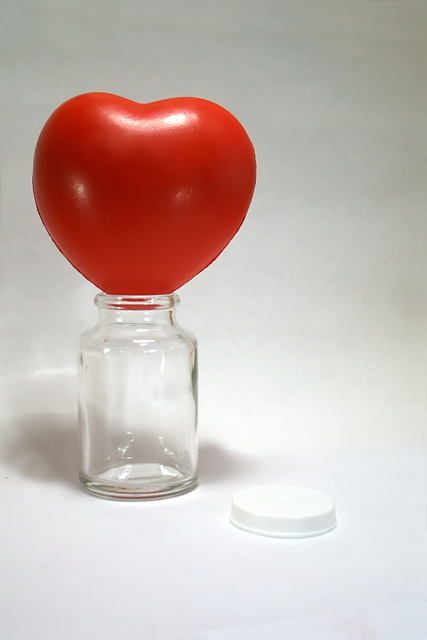Keep Cardiovascular Disease At Bay With Fish Oil
Exciting research undertaken to assess the benefits of fish oil in helping to prevent cardiovascular disease indicates that the omega-3 fatty acids in fish oil is promising.
The research has shown that it may certainly reduce the risks of it. In particular, clinical studies have shown that omega-3 fatty acids help to lower triglycerides. As well they lower blood pressure, reduce the risk of arrhythmias which increase the risk of cardiac arrest, reduce plaque, help to prevent blood clots and improves endothelial function which supports the growth of new blood cells.
Read more on Keep Cardiovascular Disease At Bay With Fish Oil…
Get Your Heart In Shape
The following is a great way to lose weight and get your heart in shape in the shortest amount of time.
1. Tell your doctor that you are going to begin exercising at a level where you will be breathing vigorously. Ask if, based on your physical condition, you should limit your effort and if so, to what level.

Learning What A Holter Monitor Is
A Holter monitor is a device that gives a 24-hour recording of the electrical activity of the heart. The monitor is used as a diagnostic tool to record the rate and rhythm of the heart.

Is Kawasaki Disease Dangerous
Kawasaki Disease (KD) is also called “muco-cutaneous lymph node syndrome.” The cause of Kawasaki Disease has not known.
Kawasaki Disease, usually after a period of time and even without consulting a doctor, resolves itself and the patient is fine. Without consulting a doctor, however, potential serious complications may develop and may not be recognized.

How To Keep Your Heart Beat Regular
If you are concerned about heart health then you’ll want to know how to keep your heart beat regular.
Obesity is a common problem that causes heart attacks or heart problems. Yet is it not the only one. What makes obesity so life threatening is that the fat goes in and blocks the arteries and interrupts a healthy heart beat.
Does Chest Pain Always Mean Heart Disease In Children
Chest pain in children can be present for a variety of reasons.
The pain could be coming from the lungs, the ribs, the chest wall muscles, the diaphragm, and the joints between the ribs and breastbone. Injury, infection, or irritation to any of these tissues can be responsible for chest pain.
Read more on Does Chest Pain Always Mean Heart Disease In Children…